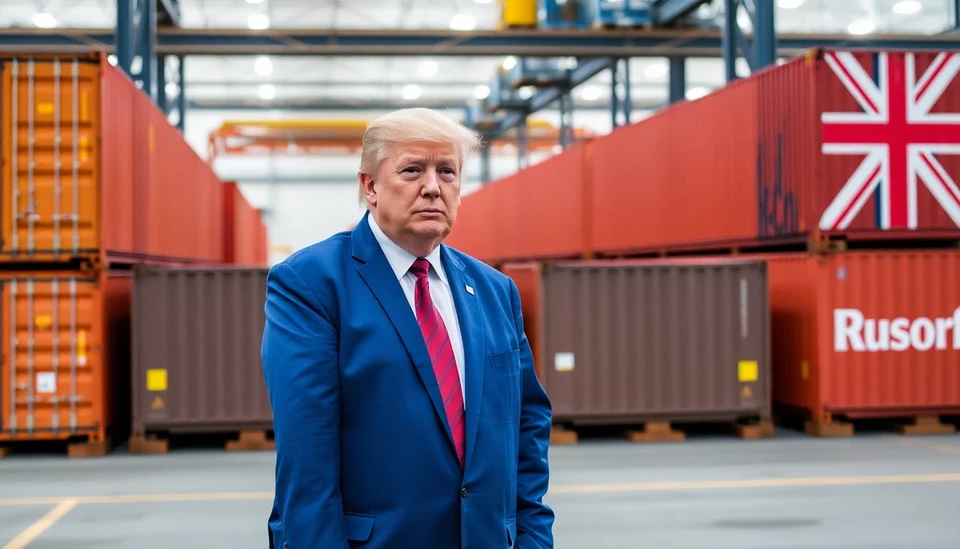
In a recent analysis, it has come to light that UK firms may be more vulnerable to potential tariffs imposed by the Biden administration on various goods, especially in sectors like steel and automotive, than their European counterparts. This situation stems from the UK's heavy reliance on exports to the United States, making them particularly exposed to any trade policies that might emerge from the White House.
Industry experts have pointed out that the UK's export landscape significantly differs from that of the rest of Europe, with a larger proportion of British businesses banking on American markets for their revenues. The concern is that under-changing trade dynamics, UK manufacturers, suppliers, and other businesses might suffer more acutely from tariffs due to their established trade relationships and market dependencies in the US.
One key factor contributing to the heightened vulnerability of UK firms is that many of them supply critical components to industries such as automotive manufacturing in the US, which has exhibited a fragile recovery post-pandemic. With rising inflation and supply chain disruptions still being felt widely, the possibility of increased tariffs could aggravate the current economic strains on these businesses.
Moreover, as the US continues to recalibrate its trade strategy towards a focus on domestic production, British businesses could be left out of the equation. The administration's inclination to support local producers has led to a growing concern amongst UK firms, forcing them to rethink their strategy in engaging with the US market.
While the EU has attempted to leverage diplomatic channels to mitigate the impact of tariffs, the UK lacks the same level of influence. This difference is telling; without the backing of a larger bloc, UK businesses are less likely to receive concessions compared to their European peers who might benefit from a unified negotiation front.
Trade analysts are urging UK companies to diversify their export strategies and explore other markets to minimize the risks associated with potential tariff hikes. This shift could be critical in preserving their competitiveness on the global stage and ensuring sustainability in the face of external pressures.
In conclusion, while the shadow of potential tariffs looms over many sectors, UK firms find themselves at a crossroads of vulnerability and necessity to adapt to the ever-shifting landscape of international trade.
#TrumpTariffs #UKBusinesses #TradeImpact #EUvsUK #SupplyChainChallenges #InternationalTrade #EconomicPolicies
Author: Daniel Foster




